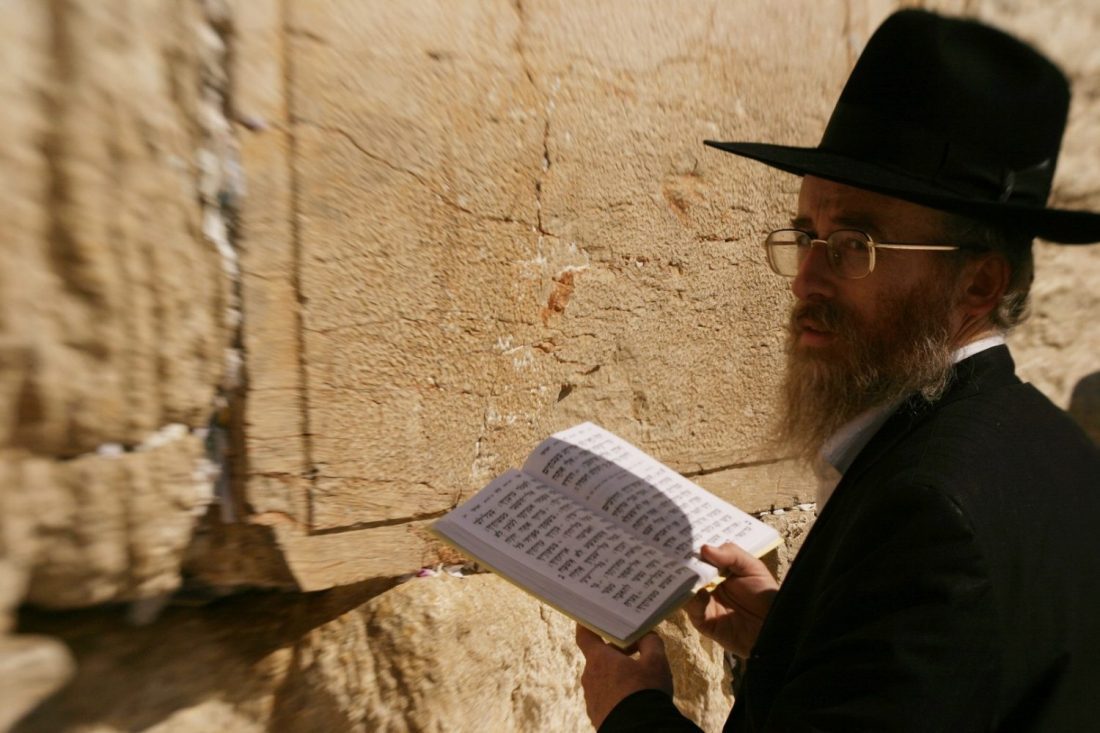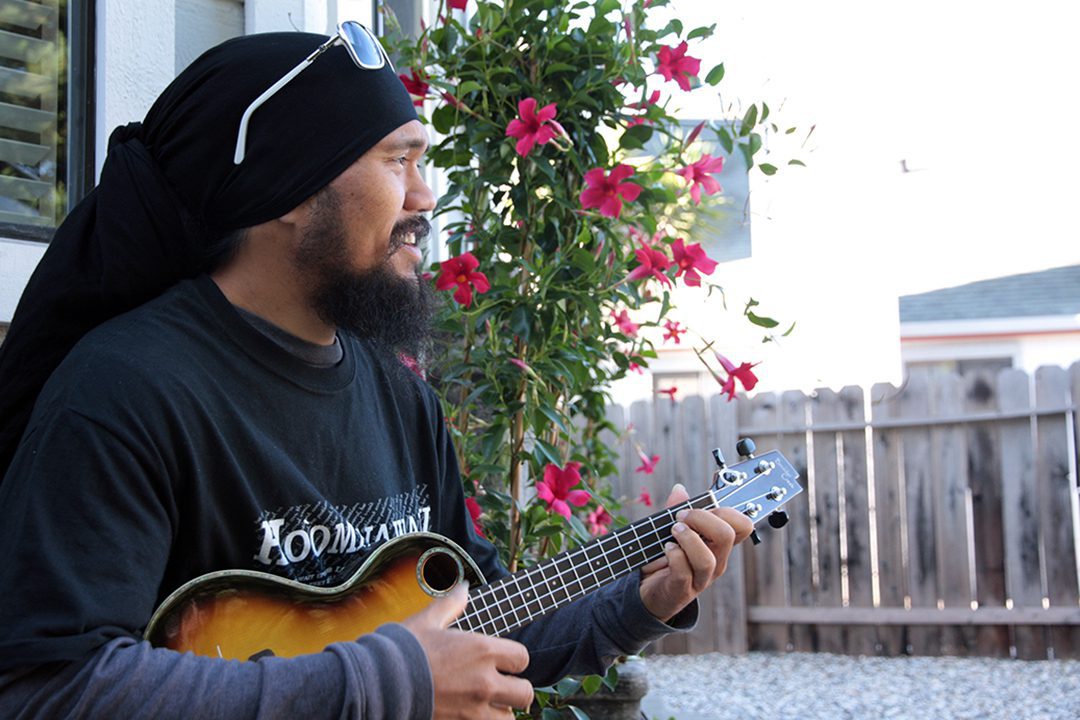A Scripture study from Caring, part two of four.
Part 2: Matthew 18:20 is not about encouraging the faithful
Behind the scenes
Read what Scripture says in Matthew 18.
Beyond the surface
In part one, we looked at Christians’ misunderstanding, misquoting and misusing of verses from the Bible. We acknowledge together that “we share guilt” in this regard. It is just so easy to search for a topic, read it in our language—thousands of years away from its context—and apply it, adding in a dash of our own biases, worldviews and clever memes.
Years pass. Then decades…centuries. Before you know it, someone “wise” writes up new rules for conduct and methods to reflect our long-held “slightly skewed” beliefs.
Consider the following:
- Nowhere in the Bible are we told that women cannot wear pants or use makeup. (I shudder!)
- Nowhere, including Proverbs 31, are we told that women should only work in the home.
- Nowhere do we find a command that baptism must be by submersion—Paul was baptized in a home where it would have been highly unlikely that there was water deep enough to accomplish this.
- Nowhere do we read about a chariot taking Elijah up into heaven (instead, a “whirlwind”).
- Nowhere do we find that the devil has horns, red skin or a pitchfork.
- And please tell me where you see an account of an actual “battle” at Armageddon? They gather for battle, but we do not read that anything happens.
I know, your mind is blown and hours of late-night discussion are now possible.
There are limitless media platforms for “false teachers” sharing their new interpretation of Scriptures. Half-truths and added truths are not the Truth, and followers become deluded or lost in culture. Worst case scenarios exist in the shadows where someone moves far enough away from context that there is a danger of radicalization and weaponized belief systems.
While this will be not be the theme of our lessons, we must acknowledge extremism.
For this lesson, we will refocus on the context of a dearly misquoted favorite: “For where two or three gather in my name, there am I with them” (Matt. 18:20).
I remember the heartfelt words of a retired pastor who told of days long ago, when time had been taken to prepare a sermon, to study, pray and make sure the chapel and facilities were spotless. Bulletins were printed, cookies and coffee in place. He lamented his efforts looking back to this time in his life—as only he and his wife attended their morning worship.
“But, we were faithful,” he said, sighing. “‘For where two or three gather in my name, there am I with them,’” he said, quoting Matt. 18:20). We nod our heads.
This is where it gets hard because we all connect with the “faithful”—those giving their all and seeing results that are hard to measure. This verse, over time, has been used as an encouragement to offer reassurance and strength to go on.
But let’s be honest. There are also those who take this verse and really give it a workout—misquoting it as justification for staying away from Church altogether. Why? They can worship at home with those whom they love, while the Super Bowl is playing in the background. God is certainly in this place, right? Out in nature, four-wheeling perhaps? It’s all the same, isn’t it? God is everywhere. Amen and Amen.
And we deceive ourselves using God’s Word to justify our choices.
If we look closer at the text, we can see a better view of the situation being addressed. Jesus is speaking to his disciples—this is not a “crowd teaching moment.” He warns about giving in to temptation and leading others astray. He tells a parable about the lost sheep, and of the shepherd who goes out and finds the sheep, restores him and brings him home. Verses 15-20 move into what it means—this process of restoring the one who sins. Verse 20 is a confirmation of the prayer of those who are disciplining and bringing those who have sinned back into the body (the Church, ekklesia, Matt. 16:18). These verses are tightly held together with an underlying theme of prayer: Prayers that “carry God’s power and align with his will.” He is the one who is working—we are to be led by his Spirit.
The context relates this promise to church discipline and our prayers of intercession on behalf of other believers reinforcing that this process must always be redemptive, never punitive. We have all seen poor examples of this—and it is heartbreaking. We must never—ever—forget how important it is that there be a path of restoration into the family.
This verse is an encouragement to church leaders during tough times of loving confrontation to say that God would be present with the two or three witnesses as they are intentional in correcting and restoring the fallen brother or sister. It is good and natural to struggle with this topic and the context itself; and yet, in the wrestling we need to ask ourselves what it might look like if God was wholly invited into the midst of leaders and friends as they redeem this one they all love?
“Again, truly I tell you that if two of you on earth agree about anything they ask for, it will be done for them by my Father in heaven.For where two or three gather in my name, there am I with them” (19-20).
Further backup:
- Matthew 18
- Galatians 6:10:10
- John 14:13-14; 15:7,16; 16:23
Between the lines
- Read Matthew 18 and jot down a few notes on the progression of the chapter.
- What new insights do you see?
- Pray for a “lost lamb” (family member or friend) who has wandered away from the Good Shepherd.
Sign up for the Do Good Digest, our weekly newsletter, and stay tuned next week for part three.
Do Good:
- Download the full study and find more like it from Caring in the Scripture study library.
- Visit westernusa.salvationarmy.org to find The Salvation Army nearest you.
- Give to support the fight for good in your community.
- Do you have a hard time telling people what you do, or what you’re passionate about and why? Ever stared at a blinking cursor, unsure of what to say or where to start? Or do you avoid writing altogether because you’re “not creative enough”? Take our free email course and find your story today.

















